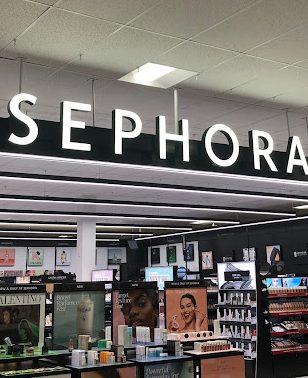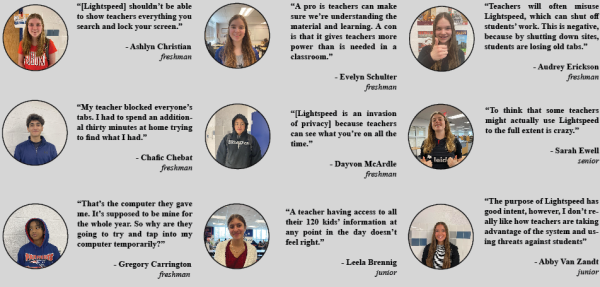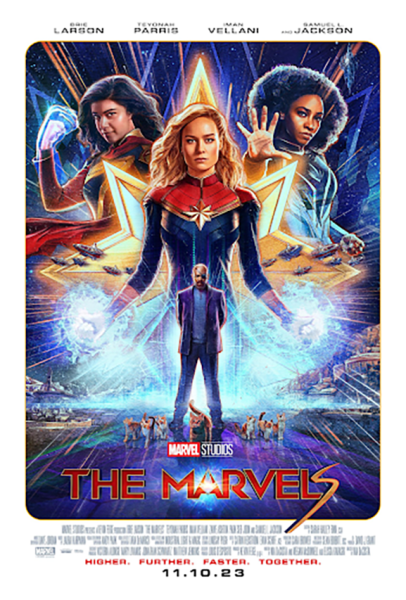Celebrities are disconnected from society

Photo courtesy of @elonmusk on Twitter
Right at the start of the COVID-19 pandemic, Elon Musk tweeted his controversial opinion, reinforcing the idea that celebrities are disconnected from society.
Celebrities, with their luxurious lifestyles, have repeatedly shown their disconnection and lack of understanding of ideas of cancel culture and accountability.
“Cancel culture” is the practice of expressing disapproval and shaming a person or group for an action, according to the Merriam-Webster dictionary. While cancel culture has become increasingly popular alongside the rise of social media, it has existed long before Twitter and Instagram.
“Someone is always doing something that the population views as bad or wrong and they are so fast to act that there isn’t much thinking that goes on,” said junior Jenna Launey. “Accountability isn’t ever taken either, especially if the person is wrong.”
The general pattern of “cancel culture” is that a celebrity or person with a platform gets called out for an action deemed harmful, is shamed and criticized, and then either apologizes or doesn’t. After a certain amount of time, the action is usually forgotten.
“They tend to go into defense mode, either saying they don’t care or apologizing with an excuse mixed in to sway the audience,” said sophomore Valerie Schwender.
The apologies follow a specific pattern, saying that they grew up a certain way and that such an action will not happen again. Sometimes, celebrities do not respond at all. Either way, most actions are forgotten.
According to NBC News, “Fuller House” star Candance Cameron Bure said that she would “keep traditional marriage at the core” when discussing her cable network, which many deemed as homophobic.
In response to the backlash, Bure said, “It absolutely breaks my heart that anyone would ever think I would intentionally want to offend and hurt anyone.” This response, deemed by many to not be a sufficient show of accountability because it did not exactly address the problem at hand, demonstrates the pattern of out-of-touch celebrities not understanding the real problem.
“These celebrities are so out-of-touch because no one of ‘importance,’ like people who are close to them, [are] telling them that they are in the wrong,” said senior Annie Miron.
According to BetterTeam, a website that gives job descriptions, public relations specialists “build and maintain a positive public image for a company or organization.” Many celebrities have a team that works to keep their public image in check, leading to a lack of genuine responses and apologies for their mistakes.
“[Celebrities] are all about protecting their brand instead of identifying what they did wrong in the first place,” said Miron.
The disconnection between celebrities and the real world became even more apparent during the COVID-19 pandemic when many received backlash for ignorant statements.
“The coronavirus panic is dumb,” tweeted Elon Musk, owner of Tesla, in response to the collective panic at the start of the pandemic.
For a rich celebrity, panic over a virus may seem dumb or boring, a viewpoint contradicted by the thousands of people whose lives were taken by such a virus. To say that the panic around a pandemic is dumb shows a vast disconnect between celebrities and “regular” people.
“This is like being in jail, is what it is,” said Ellen DeGeneres, referring to quarantine.
DeGeneres said this while in her large mansion, as ordinary people were losing their houses and jobs. This is an additional example of the privilege that often goes unchecked that celebrities have.
“I wish [that] cancel culture would work every time, while also understanding that sometimes that these people we’re canceling had no ill intentions,” said Miron.
After releasing the “Anti-Hero” music video from her recent album “Midnights,” Taylor Swift received backlash for a scene that depicted another version of Swift shaking her head in disapproval over a scale displaying the word “fat.”
Soon after the criticism for the scene rolled in, the segment with the scale was removed from Apple Music, according to US Magazine. This response shows a fundamental misunderstanding of the issue by removing the issue rather than apologizing. However, many believe that while some intentions may be positive, a large number of instances have negative results if they result in massive amounts of hate being sent directly to the celebrity.
“I do not know when [cancel culture] started, but I see where it is now and I think it is unhealthy. And [celebrities] might deserve it! But there is hate coming from everywhere and no mediator and no peace in sight,” said Miron.
Sometimes disguised under genuine intentions, hate simply fuels the fire and drowns out the people who are actually hurt.
“It [cancel culture] has kinda morphed into this way to just call out parts of people we don’t like and constantly hate on them and turn people against them,” said Launey.
There is a fine line between calling a person out for harmful behavior and sending them mass amounts of hate. In spite of that, while calling people out, the line is often blurred.
“Some people don’t deserve fame and money for their bad actions, but I don’t believe threatening them is the way to go about it,” said Schwender.
While mass hate is not something that should be approved of, there is still a separation between real life and accountability between celebrities and those that have canceled them.





